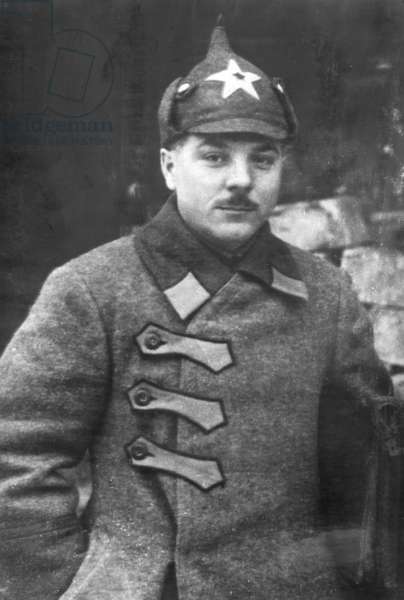Crazy that despite the fact that inequality and hierarchy is an integral part of human nature, humans of all cultures no matter where or when have always tried to rebel against it whenever possible :thinkin-lenin:
Time for whiteboy summer and by that I mean time to fight land lords
I was reading James Connolly and he talks about the whiteboys and my reaction was priceless. Like "oh.....oh that's NOT what I expected from the name" they and their contemporary groups fucking rock
The country had not recovered from the direful effects of this famine when a further economic development once more plunged the inhabitants into blackest despair. Disease having attacked and destroyed great quantities of cattle in England, the aristocratic rulers of that country – fearful lest the ensuing high price of meat should lead to a demand for higher wages on the part of the working class in England – removed the embargo off Irish cattle, meat, butter and cheese at the English ports, thus partly establishing free trade in those articles between the two countries. The immediate result was that all such provisions brought such a price in England that tillage farming in Ireland became unprofitable by comparison, and every effort was accordingly made to transform arable lands into sheep-walks or grazing lands. The landlord class commenced evicting their tenants; breaking up small farms, and even seizing upon village common lands and pasture grounds all over the country with the most disastrous results to the labouring people and cottiers generally. Where a hundred families had reaped as sustenance from their small farms, or by hiring out their labour to the owners of large farms, a dozen sheperds now occupied their places. Immediately their sprung up throughout Ireland numbers of secret societies in which the dispossessed people strove by lawless acts and violent methods to restrain the greed of their masters, and to enforce their own right to life. They met in large bodies, generally at midnight, and proceed to tear down enclosures; to hough cattle; to dig up and so render useless the pasture lands; to burn the houses of the sheperds; and in short, to terrorise their social rulers into abandoning the policy of grazing in favour of tillage, and to give more employment to the labourers and more security to the cottier. These secret organisations assumed different names and frequently adopted different methods, and it is now impossible to tell whether they possessed any coherent organisation or not. Throughout the South they were called Whiteboys, from the practice of wearing white shirts over their clothes when on their nocturnal expeditions. About the year 1762 they posted their notices on conspicuous places in the country districts – notably, Cork, Waterford, Limerick, and Tipperary – threatening vengeance against such persons as had incurred their displeasure as graziers, evicting landlords, etc.
These proclamations were signed by an imaginary female, sometimes called the ‘Sive Oultagh’ sometimes ‘Queen Sive’, sometimes they were in the name of ‘Queen Sive and Her Subjects’. Government warred upon these poor wretches in the most vindictive manner: hanging, shooting, transporting without mercy; raiding villages at dead of night for suspected Whiteboys, and dragging the poor creatures before magistrates who never condescended to hear any evidence in favour of the prisoners, but condemned them to whatever punishments their vindictive class spirit or impaired digestion might prompt.
The spirit of the ruling class against those poor slaves in revolt may be judged by two incidents exemplifying how Catholic and Protestant proprietors united to fortify injustice and preserve their privileges, even at a time when we have been led to believe that the Penal Laws formed an insuperable barrier against such Union. In the year 1762 the Government offered the sum of £100 for the capture of the first five Whiteboy Chiefs. The Protestant inhabitants of the city of Cork offered in addition £300 for the Chief, and £50 for each of his first five accomplices arrested. Immediately the wealthy Catholics of the same city added to the above sums a promise of £200 for the chief and £40 for each of his first five subordinates. This was at a time when an English governor, Lord Chesterfield, declared that if the military had killed half as many landlords as they did Whiteboys they would have contributed more effectually to restore quiet, a remark which conveys some slight idea of the carnage made among the peasantry. Yet, Flood, the great Protestant ‘patriot,’ he of whom Davis sings ‘
“Bless Harry Flood, who nobly stood By us through gloomy years.”
> in the Irish House of Commons of 1763 fiercely denounced the Government for not killing enough of the Whiteboys. He had called it “clemency”.


